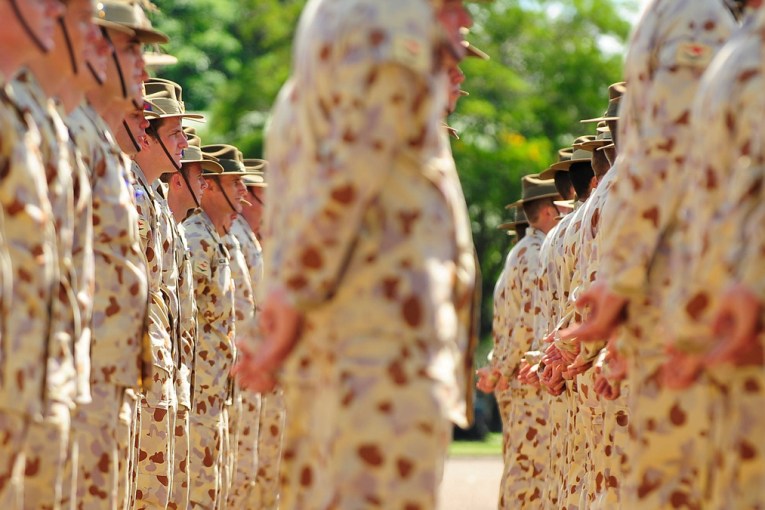No jobs for our new nurses?
Thousands of nursing graduates are unable to find work in Australian hospitals, according to the nurses union.
Traditionally Australian nurses have been in high demand, but unions say that large numbers of foreign workers on 457 visas are taking their place.
The union says that each year about 8,000 Australian students graduate with a nursing qualification, but that there are around 3,000 nurses who cannot find work.
“It can’t be a coincidence that at the same time as thousands of new nurse graduates across the country are unable to get jobs, the same amount of people are getting jobs, coming in as temporary skilled migrants on 457 visas,” said Annie Butler, the acting federal secretary of the Australian Nursing and Midwifery Federation.
Between 2011 and 2012, 3,095 foreign nurses were granted working visas in Australia.
Michael Roff, the chief executive of the Australian Hospitals Association says that overseas nurses are essential for filling more highly specialised jobs.
“From the private hospital perspective, 457 visas are principally used to fill vacancies that require experienced nurses with an advanced level of skill, particularly in areas like intensive care, coronary care and operating theatres.”
The 457 Visa skilled migration program is currently under review and the nurses union fears that restrictions on foreign nurses will be watered down, but Mr Roff says there is too much red tape in the visa program.
“In fact its harder for a hospital to employ someone on a 457 visa because nursing is one of two professions that have to be market tested,” he said.
“So before you apply for a visa you have to provide evidence that you have advertised a position and you have to provide evidence about the number of people you have interviewed and the number of applicants.”
Brett Holmes is the general secretary of the NSW Nurses and Midwives Association.
“Is it just that they are seeking experienced nurses, or are they seeking nurses who will form a more compliant workforce, totally dependent on their employer for their ability to stay in Australia?” he said.
Mr Roff says the private hospital sector will continue to employ Australian graduate nurses.
“We could probably employ more if there was some more support for supervision but we are not filling roles with 457 visas that could be taken up by graduate nurses.”
‘Bottle neck’ in nursing is temporary, Roff says
There are currently more than 300,000 nurses working in Australian hospitals. Unions and employers agree that demand for nursing will grow as the Australian population ages.
Health Workforce Australia estimates that by 2025 there will be a shortage of more than 109,000 nurses across the country.
Maddy Emery, 23, completed a three-year nursing degree in Perth last year.
She was unable to find work in Perth and moved to Brisbane six months ago, but after failing to find work in Queensland where the state health budget has been cut, she decided to move again.
“I’m in Queensland at the moment and I’m moving to Victoria in the hopes of getting work there. There are a lot more people and hospitals and hopefully more work, but other than that I’m not sure,” she said.
Mr Roff believes that the current over supply of graduate nurses is temporary.
“I think what we have at the moment is a short-term bottle neck, which has resulted because there has been a lack of collaboration between governments and universities about the number of nursing applicants that are accepted,” he said.
“I think there is an issue in the short term, but if we look a couple of years down the track we are going to need all of those graduates.”
Many nurses are now in their 50s and getting close to retirement, and younger nurses including Ms Emery say they will not give up on a career in nursing.
“I will probably give it until the end of the year and then start looking into doing more study in the nursing field or going into midwifery or another aspect of health.”








